16 Amazing Benefits Of Raspberries For Skin, Hair, And Health
From fighting cancer to helping lose weight - this edible fruit can do wonders.
Image: StyleCraze Design Team
Raspberries have got most of the nutrients your body needs every day. From reducing the risk of cancers to improving heart health, the health benefits of raspberries are numerous.
Besides being nutritious, they taste delicious and leave you craving more even after having a handful of these fruits. Curious to know more?
Raspberries are loaded with essential vitamins and minerals, making them a nutritional powerhouse. They help lower cancer risk, improve heart health, strengthen immunity, and aid in weight management. In this article, we will look at their impressive health benefits, nutritional value, and simple ways to include raspberries in your daily diet.
Keep reading.
 Know Your Ingredient: Raspberry
Know Your Ingredient: RaspberryWhat Is It?
A perennial red-colored edible berry fruit with woody stems.
What Are Its Benefits?
It boosts the health of the skin, hair, bones, and heart.
Who Can Consume It?
All except people on antibiotics, suffering from diarrhea, and pregnant and lactating mothers.
How Often?
10-15 raspberries a day.
Caution
It may cause breathlessness or redness of the skin in individuals who are allergic to it.
In This Article
16 Amazing Benefits Of Raspberries
- What Is A Raspberry?
- History Of Raspberries
- Raspberry Nutritional Facts
- Health Benefits Of Raspberries
- Selection And Storage
- How To Freeze Raspberries?
- Raspberry Recipes
- Raspberry Facts
- Raspberry Leaf Tea Side Effects
- Properties Of Raspberries
- A Word On Raspberry Ketones
Key Takeaways
- Eating raspberries can help you fight cancer due to the presence of ellagic acid in them.
- They also contain anthocyanins. These can improve your brain function.
- The antioxidants in these berries can also protect the embryo after conception and prevent miscarriages.
- You can easily add raspberries to your weight-loss diet as these have a low calorie content but are high in fiber.
What Is A Raspberry?
The raspberry belongs to numerous plant species in the rose family. It is a perennial fruit, and the plant has woody stems. Given their rich color and juicy taste (and the wonderful benefits, obviously), raspberries are one of the most consumed fruits on the planet.
Are raspberries good for you? Well, the fruit is great as it offers numerous benefits – a few of them being protection against diseases like cancer and diabetes and prevention of ailments related to the heart.
And then, we have ORAC – which sets raspberries apart from most fruits. Also known as Oxygen Radical Absorbance Capacity, ORAC is a method of measuring the antioxidant content of various food items. Raspberry has one of the highest ORAC values – one cup of the fruit has an ORAC value of 6058 µmol per 100 grams.
For this reason alone, raspberries deserve a liberal amount of space on your plate.
Before we go any further, let’s read a little of the history of this fruit.
History Of Raspberries
Two of the most common varieties of raspberries are the red and black ones.
Red raspberries are believed to have been brought to North America by prehistoric individuals, while the black ones are native to the West.
But, all in all, there are over 200 varieties of raspberries. Now, that’s huge, isn’t it?
Though the fruit is where most benefits lie, the historical evidence states the value of its leaves as well. In fact, the leaves of the raspberry plant are still used to prepare herbal teas – which, in turn, are used for treating certain digestive issues.
 Trivia
TriviaIt is known that King Edward I of England had encouraged raspberry cultivation in the country. And George Washington was known to have cultivated raspberries at Mount Vernon, with as much as 40 varieties being available by the time the Civil War broke out.
The history of the fruit, for obvious reasons, wouldn’t exist if not for its nutrients. And here, we take a look at the nutrients this fruit has.
Raspberry Nutritional Facts
Check out here the nutritional value of raspberries:
| Nutrient | Unit | 1 Value per 100.0g | 1.0 cup 123g | 1.0pint as purchased, yields 312g | 10 raspberries 19g | |||
|---|---|---|---|---|---|---|---|---|
| Proximates | ||||||||
| Water | g | 85.75 | 105.47 | 267.54 | 16.29 | |||
| Energy | kcal | 52 | 64 | 162 | 10 | |||
| Protein | g | 1.20 | 1.48 | 3.74 | 0.23 | |||
| Total lipid (fat) | g | 0.65 | 0.80 | 2.03 | 0.12 | |||
| Carbohydrate, by difference | g | 11.94 | 14.69 | 37.25 | 2.27 | |||
| Fiber, total dietary | g | 6.5 | 8.0 | 20.3 | 1.2 | |||
| Sugars, total | g | 4.42 | 5.44 | 13.79 | 0.84 | |||
| Minerals | ||||||||
| Calcium, Ca | mg | 25 | 31 | 78 | 5 | |||
| Iron, Fe | mg | 0.69 | 0.85 | 2.15 | 0.13 | |||
| Magnesium, Mg | mg | 22 | 27 | 69 | 4 | |||
| Phosphorus, P | mg | 29 | 36 | 90 | 6 | |||
| Potassium, K | mg | 151 | 186 | 471 | 29 | |||
| Sodium, Na | mg | 1 | 1 | 3 | 0 | |||
| Zinc, Zn | mg | 0.42 | 0.52 | 1.31 | 0.08 | |||
| Vitamins | ||||||||
| Thiamin | mg | 0.032 | 0.039 | 0.100 | 0.006 | |||
| Riboflavin | mg | 0.038 | 0.047 | 0.119 | 0.007 | |||
| Niacin | mg | 0.598 | 0.736 | 1.866 | 0.114 | |||
| Vitamin B-6 | mg | 0.055 | 0.068 | 0.172 | 0.010 | |||
| Folate, DFE | µg | 21 | 26 | 66 | 4 | |||
| Vitamin B-12 | µg | 0.00 | 0.00 | 0.00 | 0.00 | |||
| Vitamin A, RAE | µg | 2 | 2 | 6 | 0 | |||
| Vitamin A, IU | IU | 33 | 41 | 103 | 6 | |||
| Vitamin E (alpha-tocopherol) | mg | 0.87 | 1.07 | 2.71 | 0.17 | |||
| Vitamin D (D2 + D3) | µg | 0.0 | 0.0 | 0.0 | 0.0 | |||
| Vitamin D | IU | 0 | 0 | 0 | 0 | |||
| Vitamin K (phylloquinone) | µg | 7.8 | 9.6 | 24.3 | 1.5 | |||
| Lipids | ||||||||
| Fatty acids, total saturated | g | 0.019 | 0.023 | 0.059 | 0.004 | |||
| Fatty acids, total monounsaturated | g | 0.064 | 0.079 | 0.200 | 0.012 | |||
| Fatty acids, total polyunsaturated | g | 0.375 | 0.461 | 1.170 | 0.071 | |||
| Cholesterol | mg | 0 | 0 | 0 | 0 | |||
| Other | ||||||||
| Caffeine | mg | 0 | 0 | 0 | 0 | |||
Apart from the above nutrients, raspberries also contain minerals like copper and selenium in very small amounts (1). So, are raspberries good for you? Let us check out the amazing Raspberry benefits to know the answer!
Health Benefits Of Raspberries
Raspberries are rich in potassium, which promotes heart function and lowers blood pressure levels. The omega-3 fatty acids in these berries may also help prevent heart disease and stroke. The manganese in raspberries regulates blood sugar levels and may also promote skin health and strengthen the bones. Check out some of the best health benefits of raspberries below.
1. Help Fight Cancer
As per the American Institute for Cancer Research, raspberries are rich in ellagic acid, which has displayed the ability to prevent various cancers (2). These include cancers of the skin, lung, bladder, breast, and esophagus. This is because ellagic acid has been found to utilize various cancer-fighting methods at once. Ellagic acid acts as an antioxidant, deactivates specific carcinogensi Agents that can cause cancerous growth in living cells and damage cellular processes happening in the body. , and slows down the reproduction of certain cancer cells.
Numerous studies have been conducted on black raspberries too – they were found to alter genes and bring them back to normalcy (in the case of esophageal cancer), and aid in the treatment (3). Black raspberries were also found to restore tumor suppressive activity, thereby aiding cancer treatment (4).
As per an American study, red raspberries have a minor role to play in treating cancers of the stomach and colon (5). They were also found to inhibit the growth of cervical cancer cells (6).
Another American study had supported the chemopreventivei Any drug that helps prevent the growth of cancerous cells and keeps the disease from recurring. properties of black raspberries, especially in the case of oral cancer (7). These anti-carcinogenic properties of raspberries can largely be attributed to the presence of anthocyanins. These anthocyanins are naturally occurring compounds that offer the colored pigment to fruits and vegetables. They inhibit cell transformation, suppress inflammation, and induce normal functioning in cancer cells (8).
In fact, raspberries have 40% more antioxidant content than blueberries and strawberries (fruits considered among the best for cancer prevention) (9). Studies have also shown that raspberry extract may prevent the migration of tumor into the lymph system. However, when it comes to blueberry benefits, they are still highly valued for their potent antioxidant qualities and their ability to promote overall health.
2. Maintain Cardiovascular Health

Being rich in fiber, these berries help maintain heart health. One cup of raspberries contains 8 grams of fiber (10). Another reason raspberries are great for the heart is, yes, anthocyanins. Berry fruits are one of the few foods that contain anthocyanins in both the skin and the flesh.
Research data states that a mere intake of 0.2 milligrams of anthocyanins per day can significantly reduce the risk of heart disease in postmenopausal women. These compounds play a pivotal role in reducing oxidative damage and inflammation related to cardiovascular disease (11). In fact, raspberries contain other bioactive polyphenolsi A class of micronutrients and antioxidants found in plants that protect the body’s tissues against various diseases. that help reduce the risk of heart disease (12).
The anthocyanins in raspberries also have a variety of other effects on blood vessels and platelets that result in a healthy heart (13). However, more research is needed on the amount of anthocyanins exactly required and the related decrease in heart disease risk.
In one Canadian study, the intake of raspberry extract lowered blood pressure levels in lab rats (14) – indicating similar possibilities in humans. Low blood pressure levels reduce heart disease risk. In fact, the importance of raspberries for the heart is felt not only now, but since the 18th century – when herbalists and other physicians considered the fruit ideal to prevent the disease (15).
Raspberries were also found to widen the arteries, which helps blood flow smoothly and prevents the accumulation of plaque (16). The anthocyanins in raspberries inhibit the formation of blood clots in the eventuality of stroke. The berries also contain salicylic acid that has cardioprotective properties similar to that of aspirin (17.
Vitamin C is another compound in raspberries that is known to prevent heart disease – as it prevents plaque formation (18).
Raspberries contain a chemical called raspberry ketone, which increases the production of a protein hormone called adiponectin. As per studies, higher levels of adiponectin have been linked to a lowered risk of heart attacks (19).
3. Enhance Fertility And Improve Sexual Health
The high levels of antioxidants in raspberries might protect the sperm from oxidative damage.
The vitamin C and magnesium in the fruit enhance male fertility and the production of testosterone respectively (20). Due to their fertility-boosting properties, raspberries can also make for a perfect bedtime snack.
Antioxidants are also believed to protect the embryo post conception, thereby decreasing the risk of miscarriage (21).
Raspberries also contain proanthocyanidins that relax the blood vessels and allow the blood to flow to the sensitive areas for greater arousal. The zinc in the fruit helps stimulate libido (22).
4. Help Treat Diabetes
As per a report published by the Michigan State University, other phytonutrients in raspberries were found to work with certain inactive hormones in the body to improve insulin balance and blood sugar balance – thereby improving the conditions of obese individuals who have type 2 diabetes (23).
Also, according to a Slovakian study, raspberries are generally rich in sugars like fructose, glucose, and dietary fibers like pectin but low in calories and could be included in the diets of individuals for type 2 diabetes management in early stages (24).
5. Aid Weight Loss
This could be attributed to the fiber and manganese in raspberries. Fiber, as we had already discussed, keeps you full for longer and discourages you from binging. In fact, the fiber in a serving of raspberries is more than a serving of bran flakes or oatmeal itself. Manganese boosts your metabolism and helps burn fat faster (25).
The amount of calories in raspberries are low, and are fat-free, so they could be a healthy addition to your weight loss diet. The berries have a low glycemic index (GI). Foods low in GI have little impact on blood sugar – hence, your blood sugar levels are unlikely to spike.
As per an American study, the raspberry ketones in raspberries were found to have a weight loss potential in preliminary tests on rodents (26). Similar findings could be possible in humans, though further research is required in this aspect. The raspberry ketones were also found to prevent weight gain in mice due to a high-fat diet. Now, this seems promising for us humans, doesn’t it?
The raspberry ketones could also increase fat breakdown, which might eventually contribute to weight loss (27). This is achieved by enhancing lipid metabolismi The process through which lipids (fats)are broken down, stored, synthesized, and utilized for energy. , which appears to be the primary function of raspberry ketones (28).
We have already seen raspberry ketones increase the levels of adiponectin. This protein has found to accelerate fat breakdown (29).
Raspberries also contain another compound called resveratrol – this converts the bad fat in the body into good fat, which helps burn calories (30).
6. Boost Eye Health

The flavonoids and polyphenolic compounds in raspberries offer excellent vision health (31).
Raspberries are packed with bioactive compounds with therapeutic properties. They are rich in flavonoids, such as proanthocyanidin dimers, flavonols, anthocyanins, and flavan-3-ols, that offer many health benefits. They help protect the cells and fight inflammation. Check out the chart below to learn more about the flavonoid content in different types of berries.
Characterization Of Flavonoid Compounds In Berry Species
Source: Characterization of Flavonoid Compounds in Common Swedish Berry Species7. Enhance Immunity
The phytochemicals in raspberries, especially the black ones, were found to affect the immune processes related to immunotherapy (treating a disease by stimulating the immune response) (32). This could be an important link to treating ailments related to a weak immune system.
According to Washington State University, raspberries are superfruits that enable the body to ward off infections related to poor immunity (33).
Another reason raspberries could be great for immunity is the presence of vitamin C. The water-soluble vitamin might help boost immunity (34). Raspberries also contain beta-carotene that help boosts the immune system (35).
8. Have Anti-Inflammatory Properties
Black raspberries possess anti-inflammatory properties, more so, at the root of the plant – as per a Korean study (36). Raspberries have also been found to treat ulcerative colitisi A subtype of bowel disease marked by inflammation of the colon and rectum that leads to rectal bleeding and diarrhea. by fighting the inflammation (37).
The anti-inflammatory properties of black raspberries are so potent that the fruit is used as an ingredient to develop various pharmaceutical products.
The anti-inflammatory properties of raspberries can be attributed to the presence of anthocyanins, a type of flavonoids that protect the watery portion of our cells and fight inflammation (38). The berries reduce the various inflammatory mediators associated with the condition. However, we have little research with respect to the number of raspberries required for treating inflammation. The best option is to incorporate raspberries into your diet (preferably a serving) and reap the benefits.
You can also include the berry pomaces in your diet to help prevent inflammation, especially that related to the cardiovascular cells (39).
9. Boost Your Memory
Phytonutrients, again! Raspberries are rich in these compounds that have shown to enhance and maintain memory function (40). The polyphenols in raspberries are known to improve age-related cognitive decline (41).
10. Help Slow Down Aging
Fruits like raspberries that are packed with antioxidants work great for your skin. They, first of all, prevent the damaging effects of the sun. Which also means they prevent redness if your skin is sensitive. The presence of vitamin C in raspberries makes them an ideal food to prevent skin cancer (42).
According to a Serbian study, the raspberry ketones in the fruit were found to have potential use in the cosmetic industry. This is because of tiliroside, a compound in raspberry found to inhibit melanin production at the intracellular levels (43). Hence, tiliroside could be a potential skin whitening agent for use in cosmetic products. In fact, certain sunscreens containing raspberry oil as one of the ingredients showed to enhance skin health by offering better antioxidant and UV-protective activities (44).
The hydrolyzable tannins (consisting of derivatives of gallic acid) called ellagitannins in raspberries offer protection against premature aging, given their antioxidant effects (45).
11. Improve Digestion
Raspberry leaves have been used for proper digestion for a very long time. The leaves of the fruit were made into teas, which were used for digestive cures and other related ailments (46).
Raspberries are also one of the foods rich in fiber (47). And, as we know, a higher amount of fiber in the diet means better digestion. One reason raspberries have a higher fiber content is their internal structure – the fruit is made of several individual sections, each having its own seed that surrounds a central core. This aggregate structure increases the fruit’s fiber content.
Fiber also adds no calories to your diet, which is beneficial anyway (48).
Raspberry leaves are also used to treat ailments of the gastrointestinal tract (49).
However, please consult your doctor before using raspberries for treating digestive issues. This is because berries with tiny seeds can pose a danger to individuals who have diverticulitis. The seeds might obstruct the pockets that develop in the intestine and cause infection (50).
12. Alleviate Arthritis

As per an American study, the polyphenols in raspberries can offer cartilage protection and make arthritic conditions less severe (51). Regular consumption of red raspberries can help treat inflammation and maintain joint health (52).
Red raspberries also inhibit bone resorption, a condition where calcium is transferred from the bone tissue to the blood (53). This happens when the bones contain insufficient levels of calcium.
13. Aid Women’s Health
Raspberries, and especially the leaves of the plant, have great benefits for women during pregnancy. One study states that women ingesting raspberry leaf are far less likely to have their membranes ruptured during labor. They also have a higher chance of avoiding a Cesarean section, forceps, or vacuum birth (54). The ingestion of raspberry leaf can also shorten labor, and the good news – no side effects for the mother or her baby/babies.
How to use raspberry tea for labor? The use of raspberries for pregnancy originates way back into the past. According to English herbalists, pregnant women who took raspberry leaf tea wouldn’t experience issues during labor. Native Americans believed that the tea would help cope with nausea during pregnancy (55).
A blogger going by the name NewMe, with Endometriosis, tried red raspberry leaves to get relief from period cramps. She writes, “I came across some information about a few herbs that were indicated to relieve endometriosis’ symptoms. From the ones I tried, Red Raspberry Leaves was the only one that gave me pain relieve almost immediately (i).”
14. Promotes Health Of Tissues And Blood Vessels
We know raspberries are rich in vitamin C, which is required for the growth and repair of the body tissues. The vitamin heals wounds and forms scar tissue. Vitamin C is also required to form an important protein (collagen) necessary for the production of blood vessels (56). This protein is used to synthesize connective tissue – essential to the formation of the skin, bones, and cartilages. In addition to aiding the production of blood vessels, it also helps strengthen their walls (57).
Raspberries also contain iron. The mineral plays a vital role in red blood cell formation (58). These red blood cells carry oxygen to muscles that aid in energy sustenance. Which is why athletes with low iron levels experience fatigue and weakness.
15. Improve Hair Health

Raspberries are rich in folate as well. Folate helps in the formation of healthy red blood cells that carry oxygen to each cell in the body. This is important for hair follicles too as they need adequate blood flow and oxygen for proper growth.
Also, the magnesium and silicon content of red raspberries improve hair quality. Silicon is believed to thicken hair within a matter of weeks. It might promote faster hair growth as well (59).
16. Helps Fight Eczema
Raspberries are usually added to herbal antibacterial preparations to treat related ailments. And as per folk medicine, the berries are often prescribed to treat conditions like eczema (60).
Due to its anti-inflammatory properties, raspberry seed oil can help treat skin conditions like eczema, in addition to rashes and other skin lesions (61).
That’s about the wondrous benefits of these popular berries. They are great, aren’t they? Now that you know what raspberries are good for, let us find out how to buy them and how to store them.
Selection And Storage
Selection
Selecting the right raspberries is pretty simple. You need to look for soft, plump, and deeply colored berries. Avoid the ones with bruises or dents. Or those that are mushy or wet.
Storage
So, how to store raspberries? Storage is pretty simple too. The berries are best enjoyed within 2-3 days of purchase. Refrigerate the berries while they are still in the packaging – unwashed. If you have purchased the berries in cartons, you can wrap them in a plastic wrap and refrigerate. Wash only before eating.
If you want to store the remaining berries after eating a few, you can use a storage container that provides good air circulation. This is how they will stay fresh. Also, ensure you line the container with paper towels. This prevents them from attracting too much moisture and getting moldy.
How To Freeze Raspberries
Ensure your berries are totally dry – because you don’t want to freeze wet berries. You can probably pat with a paper towel before freezing raspberries.
You can also lay the berries on a sheet of wax paper. This keeps them from sticking together. Place the wax paper on a baking sheet, over which you can place the berries.
Of course, raspberries taste great when you consume them all alone. But, what fun would that be? Including the fruit in your dishes is the real deal – which is what we will see now.
How To Incorporate Raspberries Into Your Diet
Here are some easy ways you can add raspberries to your meals:
- You can toss them into your morning yogurt or oatmeal for a burst of flavor.
- Blend them into smoothies for a refreshing, fruity boost.
- Add them to your salads for a sweet and tangy twist.
- You may even top pancakes or waffles with fresh raspberries for a healthier breakfast.
- Snack on them as is — they are perfect for a quick, healthy bite!
Want more? Here are a few interesting and delicious raspberry recipes you simply can’t miss!
Raspberry Recipes
1. Granola With Fresh Fruit
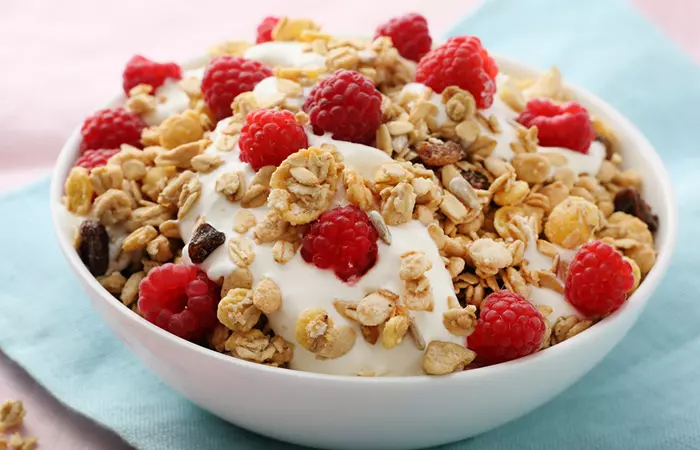
What You Need
- 5 cups of gluten-free oats
- 2 cups of frozen raspberries
- ½ cup of walnuts
- ¼ cup of chia seeds
- ½ cup of pecans
- ½ cup of coconut oil
- 1 tablespoon of cinnamon
- ½ teaspoon of salt
- ¼ cup of maple syrup
Directions
- Preheat the oven to 174o C.
- Chop the raspberries, pecans, and walnuts into small pieces.
- Take a large mixing bowl and combine the oats, chia seeds, cinnamon, coconut oil, maple syrup, and salt.
- Bake for about 20 minutes or until the mixture has turned light brown.
- Keep it aside until it is cool. You can then break it apart into granola.
2. Fresh Raspberry Dessert With Yogurt And Chocolate
What You Need
- 1 basket of fresh raspberries
- 220 grams of low-fat yogurt
- 55 grams of dark chocolate
Directions
- Mix the yogurt and berries.
- Melt the chocolate on medium heat.
- Place the mixture of yogurt and berries in a bowl and drizzle with molten chocolate.
3. Raspberry Almond Parfait
What You Need
- 1 cup of low-fat yogurt
- 2 tablespoons of honey
- ½ teaspoon of almond extract
- 1 tablespoon of sliced almonds
- A handful of raspberries
Directions
- Blend the yogurt, almond extract, and honey in a bowl until the mixture is smooth.
- Divide this mixture into two dessert dishes. Place the raspberries on the top and garnish with sliced almonds.
 Quick Tip
Quick Tip4. Berries With Chocolate Sauce
What You Need
- 1 ½ cups of frozen raspberries
- 150 grams of organic dark chocolate
- ¼ cup of water
- 3 tablespoons of raw sugar
- 170 grams of firm tofu
Directions
- Melt the sugar and chocolate over medium heat.
- Add the molten chocolate, tofu, and water to a blender and blend until smooth.
- Add them to a mixing bowl.
- Place the chocolate pudding into four bowls and top them with the berries. Frozen berries must be thawed and drained before adding.
5. Raspberry Chia Pudding
What You Need
- 1 cup of almond milk (or any milk of your choice)
- ¼ cup of chia seeds
- 2 tablespoons of maple syrup (or honey)
- 1 cup of fresh raspberries
- 1 teaspoon of vanilla extract
Directions
- In a mixing bowl, combine the almond milk, chia seeds, maple syrup, and vanilla extract.
- Stir well and let the mixture sit for about 5 minutes. Stir again to prevent clumping.
- Cover the bowl and refrigerate for at least 2 hours, or overnight, until the chia seeds expand and the pudding thickens.
- Before serving, gently fold in the fresh raspberries.
- Divide the chia pudding into serving bowls and top with additional raspberries if desired.
The recipes look lip-smacking, indeed! Add them to your diet to enjoy the amazing raspberry benefits. But, your raspberry rhapsody wouldn’t be complete without these incredible facts. Check them out!
Raspberry Facts
- Scotland is famous for raspberries. If you want a limitless supply of this fruit, it is where you must go to. In fact, in the 1950s, raspberries were transported from Scotland to London on a steam train called Raspberry Special.
- They are ancient. The fruit was believed to have been used since the prehistoric times. It began to be cultivated in France and England in the 1600s.
- They come in most colors. Red, black, gold, and purple. And a few more.
- They are super seedy. One raspberry fruit contains about 100 to 120 seeds. Can you believe that?
- If you pick a raspberry, it won’t ripen anymore.
- The fruit is symbolic. Deeply. In certain kinds of Christian art, raspberries symbolize kindness. In the Philippines, a raspberry cane hung outside the house is supposed to deter evil spirits. And in Germany, the canes are tied to the body of a horse to calm it down.
The benefits are great. The facts are great. And the recipes are double-great! But, like anything else you find out there in nature, raspberries also have side effects.
Raspberry Leaf Tea Side Effects
1. Drug Interactions
If you are using antibiotics (especially Linezolid), avoid raspberries. This is because the fruits contain a compound called tyramine, which can cause a sudden and dangerous increase in the blood pressure levels (62).
2. Might Affect Pregnant And Nursing Mothers
Raspberries might stimulate contraction in the uterus of pregnant mothers (63). Consult your doctor before use. And as for nursing mothers, there is not enough research. Hence, avoid use.
3. Diarrhea
Raspberry (especially the leaf) can act as a laxative and diuretic. Hence, people taking other medications with laxative or diuretic effects must refrain from consuming raspberries – as doing so can result in dehydration and electrolyte imbalances.
4. Allergic Reactions
Certain individuals might develop a tingling or itching sensation in the mouth immediately after consuming raspberries. This might eventually lead to itching on the skin.
The face, lips, and tongue might get swollen, resulting in wheezing or congestion. Some individuals might also develop nausea, abdominal pain, lightheadedness, and dizziness.
These side effects are extremely rare, with only a few cases having been reported. However, take care.
Properties Of Raspberries
Before we wrap up, let me brief you on the most important components of raspberries that make them what they are. These components are what make the fruit so beneficial.
Anthocyanins
Simply put, they are a powerful group of antioxidants. Usually, the fruits and vegetables with brilliant colors contain the most anthocyanins. Some of the most important benefits of anthocyanins include the maintenance of heart health, prevention of cancer and obesity, and improvement of cognitive function (64).
Ellagic Acid
It is a naturally occurring substance with numerous benefits. The most important of all is the prevention of cancer. The acid might bind to the chemicals that cause cancer, which might inhibit cancer cell growth (65).
ORAC
Also called the Oxygen Radical Absorbance Capacity, this is not an ingredient of raspberries, but, as we had already discussed, it’s a scale that simply tells you how healthy a food item can be. ORAC denotes the ability of a particular food to neutralize free radicals. A higher ORAC rating means more benefits. And raspberries are pretty high on this scale.
Salicylic Acid
The acid works great for skin. Especially when it comes to fighting acne, skin exfoliation, and cleansing your skin.
Quercetin
This is a plant pigment. It is an antioxidant with anti-inflammatory effects and helps prevent conditions like heart disease, asthma, and cancer (66).
Now you know what are raspberries good for and why it is a healthy addition to your diet. One last thing..
A Word On Raspberry Ketones
Ever smelt raspberries? They have an enticing aroma, don’t they? The raspberry ketones are responsible for this aroma. They are natural chemicals present in the fruit and are believed to offer certain benefits.
In the recent times, raspberry ketones have been on the radar – as something that can magically boost health and vitality.
But, there are two sides to this.
Certain studies have shown the benefits, but they didn’t seem to follow good scientific methods. Which is why there is an apprehension.
And the side effects of the ketones are unknown. They are usually considered safe. But when it comes to the supplements, there is a lack of information on the short-term or long-term effects. And there are no studies to look at the potential food or drug interactions.
Hence, we want you to keep this in mind – raspberries are great. The fruit is incredibly nutritious. It’s always best to get the benefits of raspberry ketones in the natural form, rather than supplements. So, consume the fresh fruit. And stay away from the supplements. At least till we have solid research done in this regard.
Infographic: Top Health Benefits Of Raspberries
Raspberries provide a wide range of nutrition with many therapeutic uses. In addition, they offer many health benefits due to their phytonutrient and flavonoid content. But before you start including them in your daily diet, there are a few essential amazing benefits of raspberries. Check out the infographic below to learn about the top health benefits of raspberries. Illustration: StyleCraze Design Team
The benefits of raspberries are numerous, and these can be attributed to their rich nutrient profile. They can effectively reduce cancer risk and boost cardiovascular, sexual, digestive, eye, and hair health. They can also aid in weight management and potentially help alleviate arthritis. However, raspberry leaves may cause drug interactions or diarrhea. Hence, caution is advised. Consume raspberries in moderation to reap all their benefits. You can also try the mouth-watering recipes mentioned above to enjoy raspberries better.
Frequently Asked Questions
How many raspberries can you eat in a day?
You can eat 10 – 15 raspberries daily without any side effects.
Do raspberries help reduce belly fat?
Although raspberries may not contribute to belly fat loss directly, their fiber content helps promote satiety and reduces cravings. This, when coupled with a healthy lifestyle and daily exercise, may contribute to belly fat loss.
Illustration: Impressive Benefits Of Raspberries For Skin Hair & Health
Image: Stable Diffusion/StyleCraze Design Team
Dive into the world of raspberries with this enlightening video. From improving brain health to supporting weight management, click on this video to explore the lesser-known advantages of this delicious superfood.
Personal Experience: Source
StyleCraze's articles are interwoven with authentic personal narratives that provide depth and resonance to our content. Below are the sources of the personal accounts referenced in this article.
i. My experience with Red Raspberry Leaf (Rubus Idaeus);https://tiredofendo.blogspot.com/2011/11/alternative-treatment-for-endometriosis.html
Read full bio of Alexandra Dusenberry
Read full bio of Ravi Teja Tadimalla
Read full bio of Arshiya Syeda
Read full bio of Aparna Mallampalli







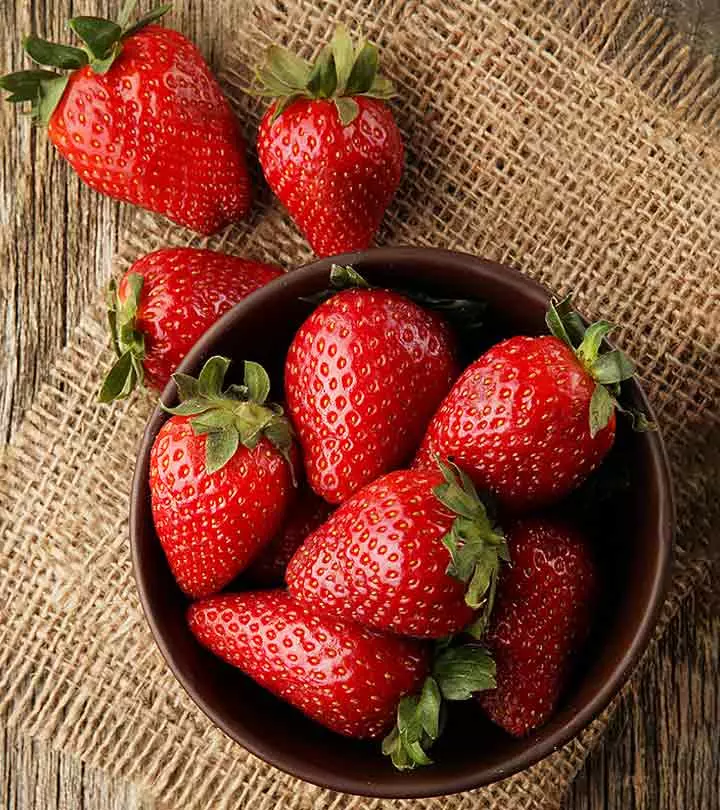
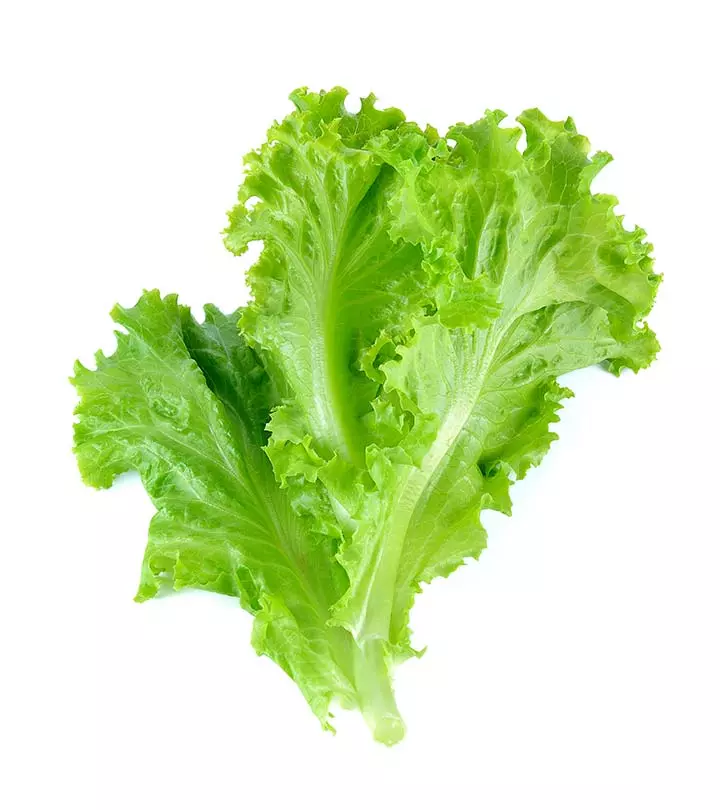




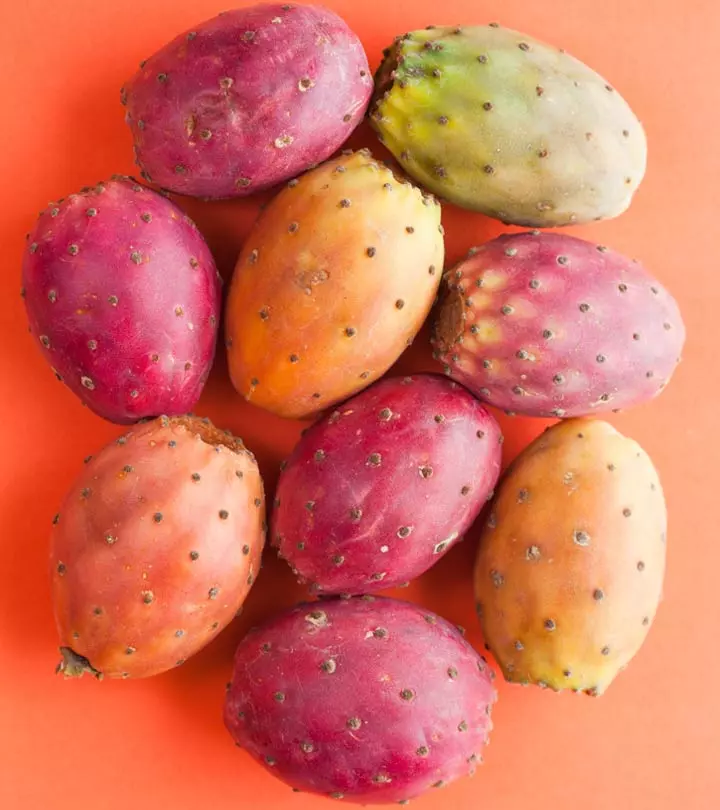
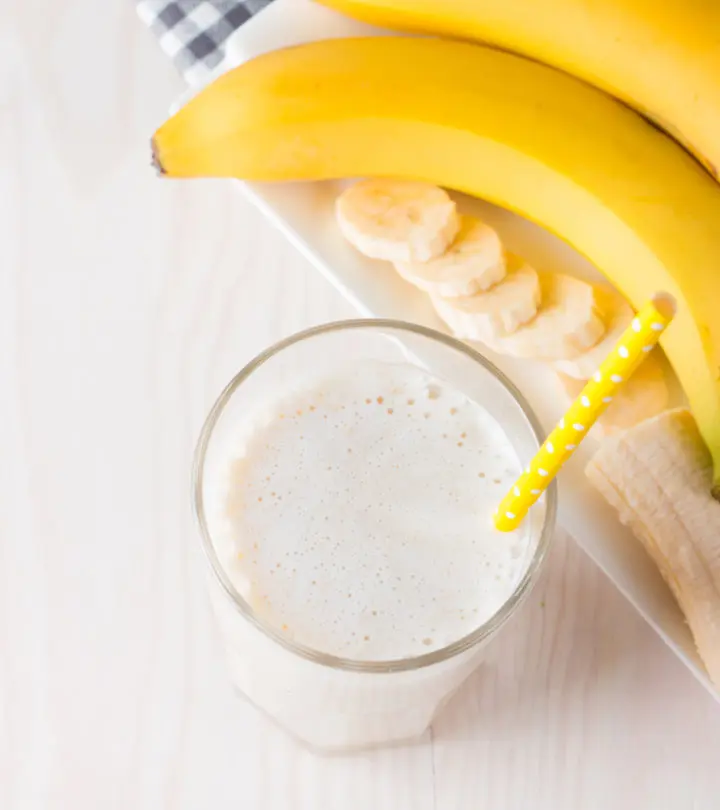



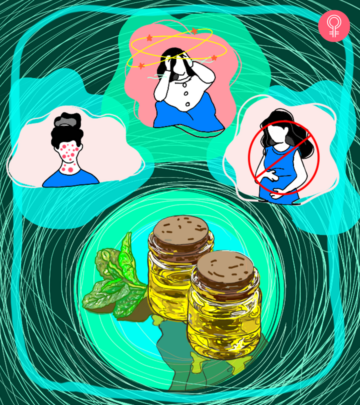
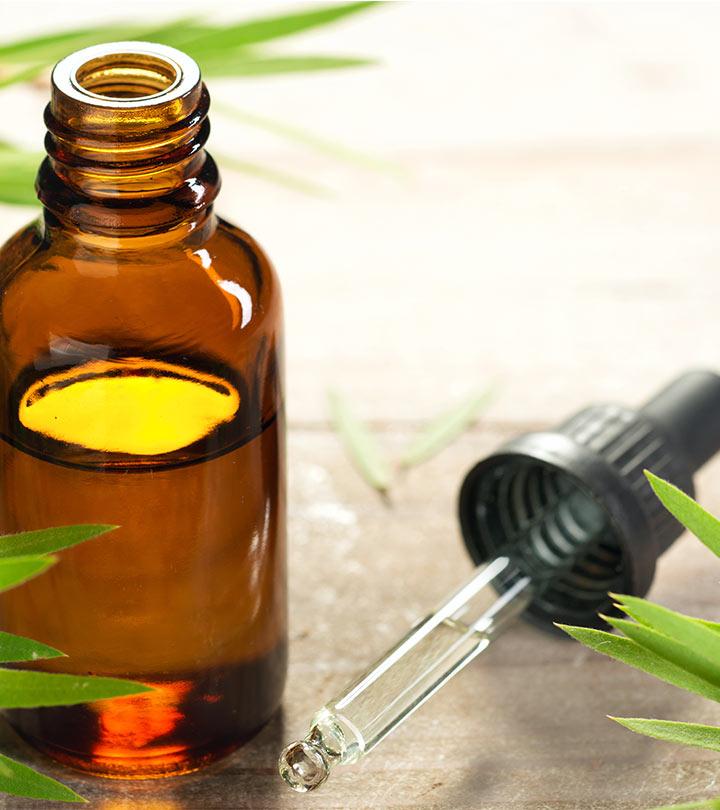


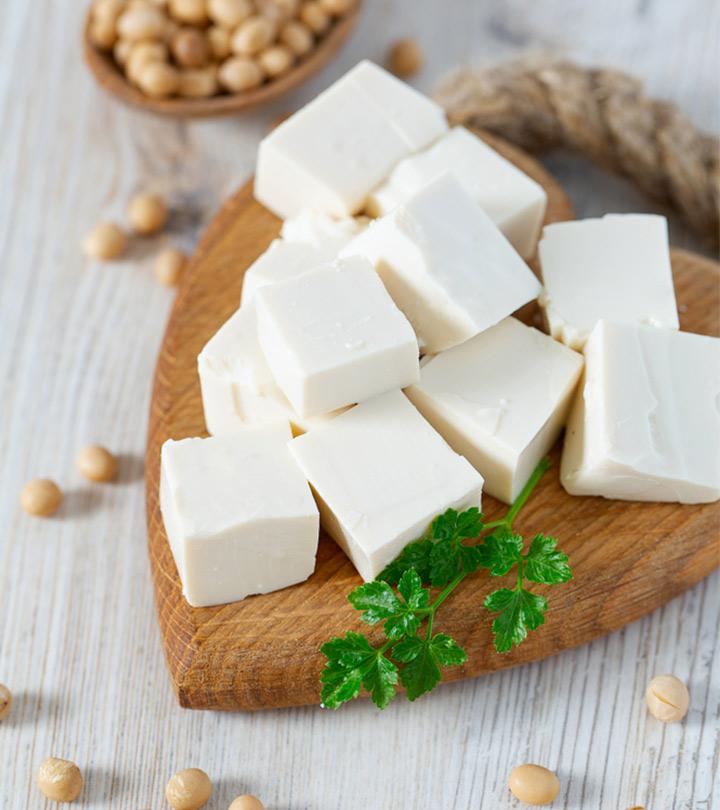
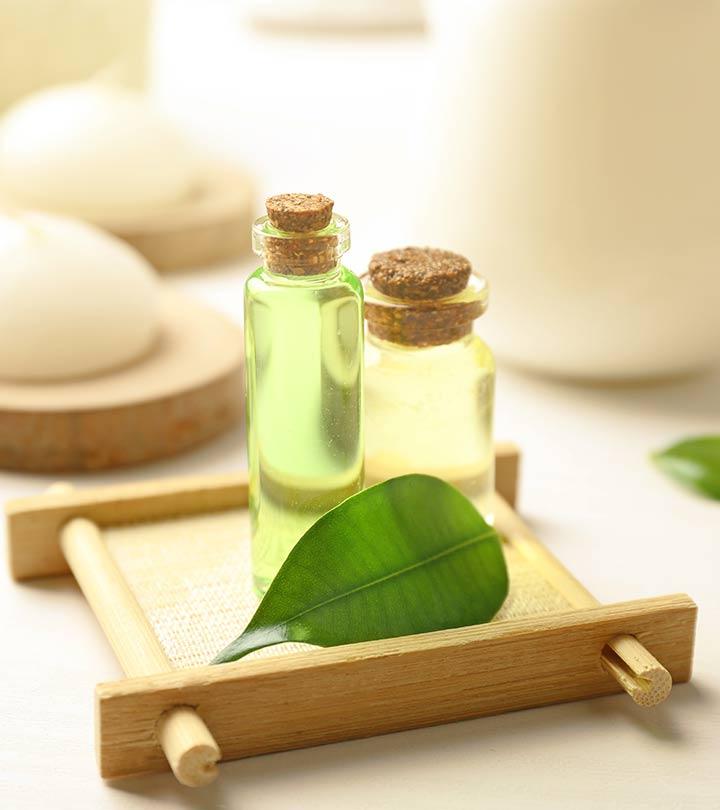
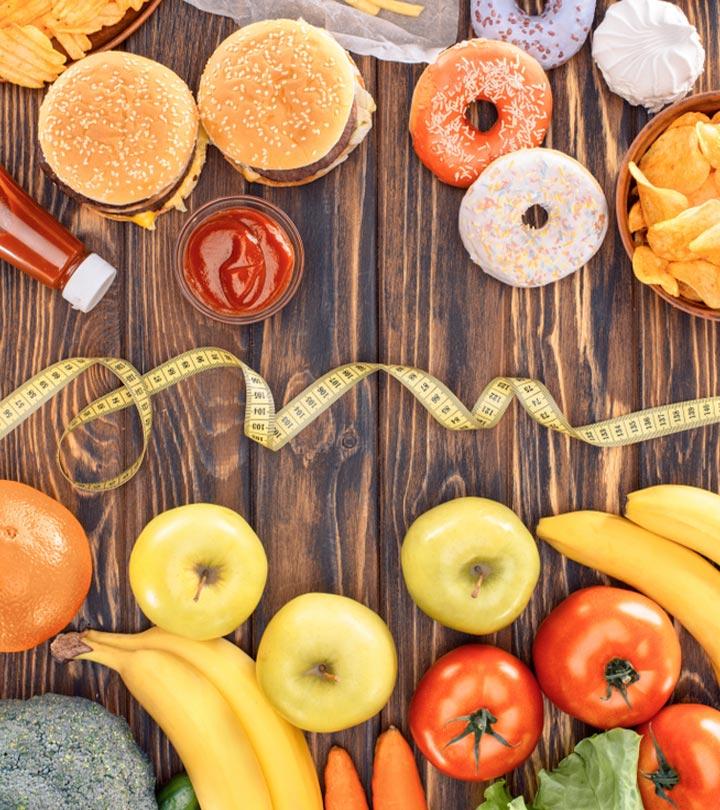
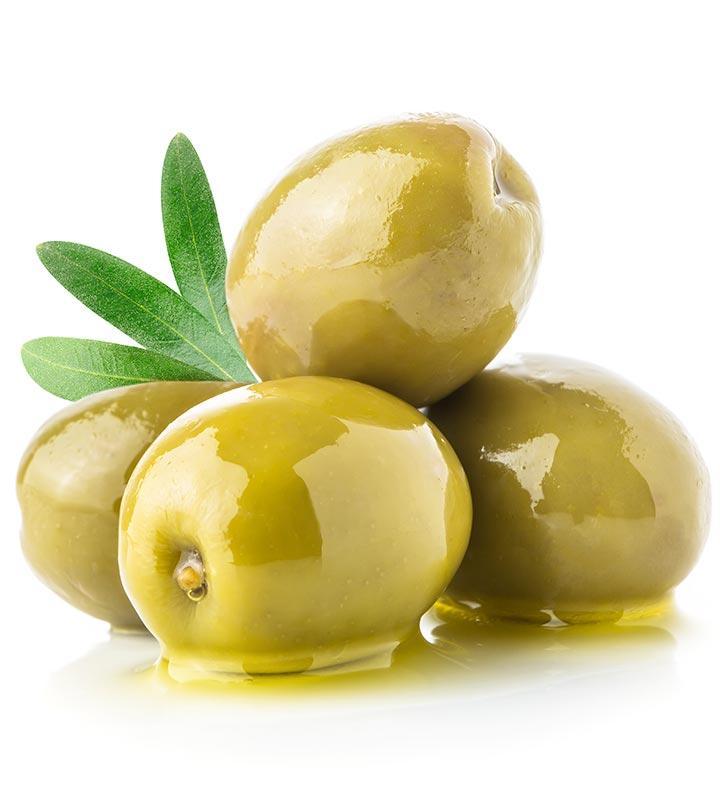
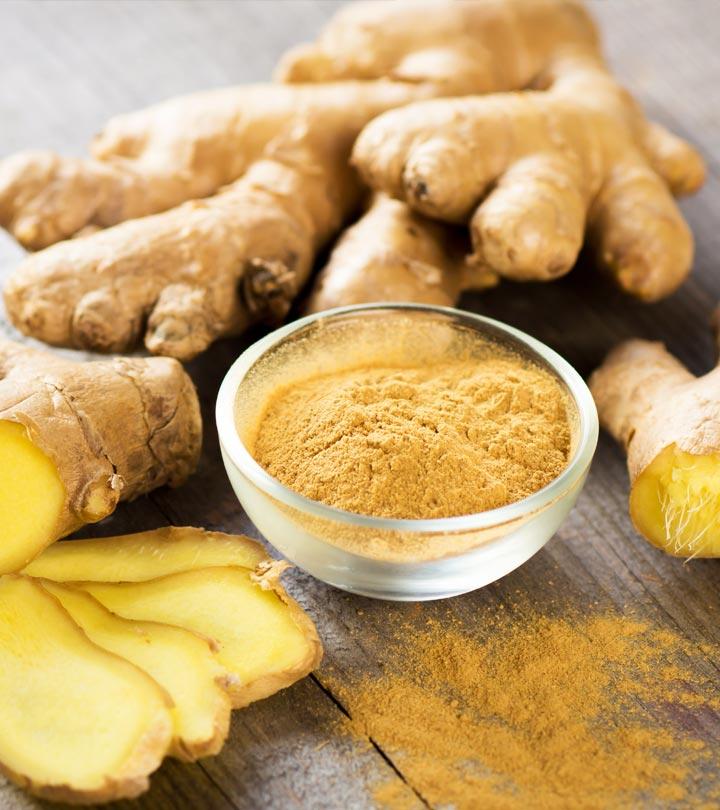
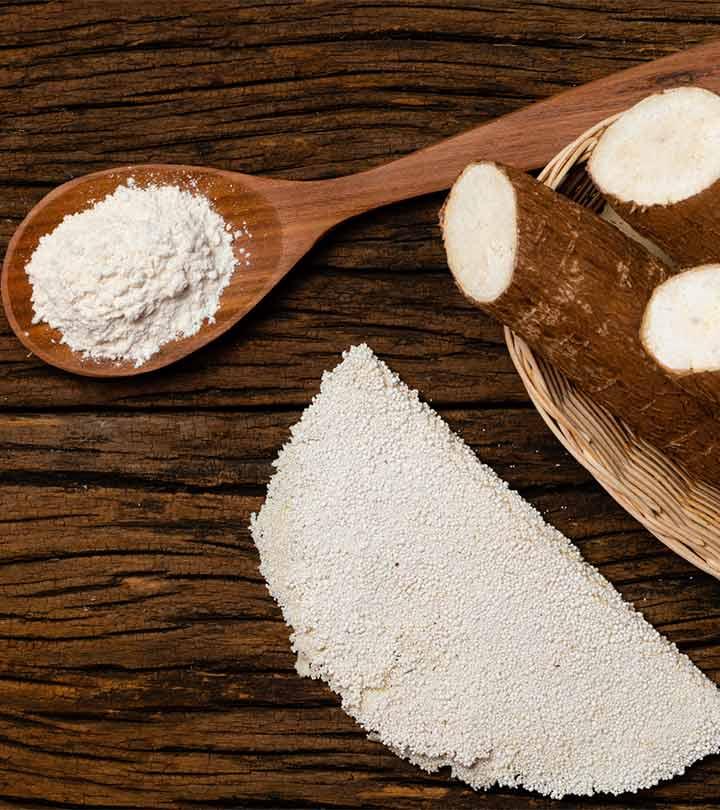
Community Experiences
Join the conversation and become a part of our empowering community! Share your stories, experiences, and insights to connect with other beauty, lifestyle, and health enthusiasts.